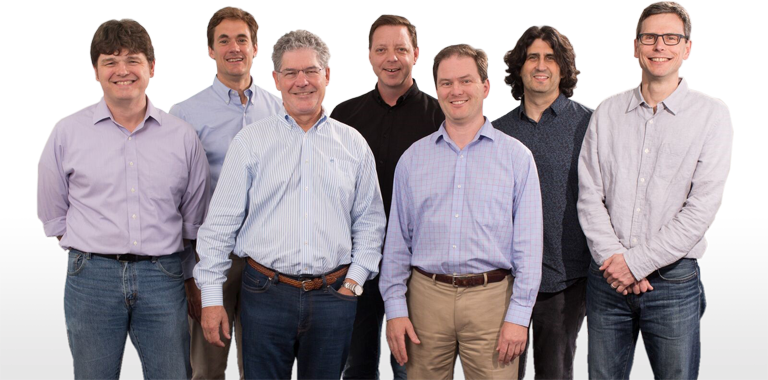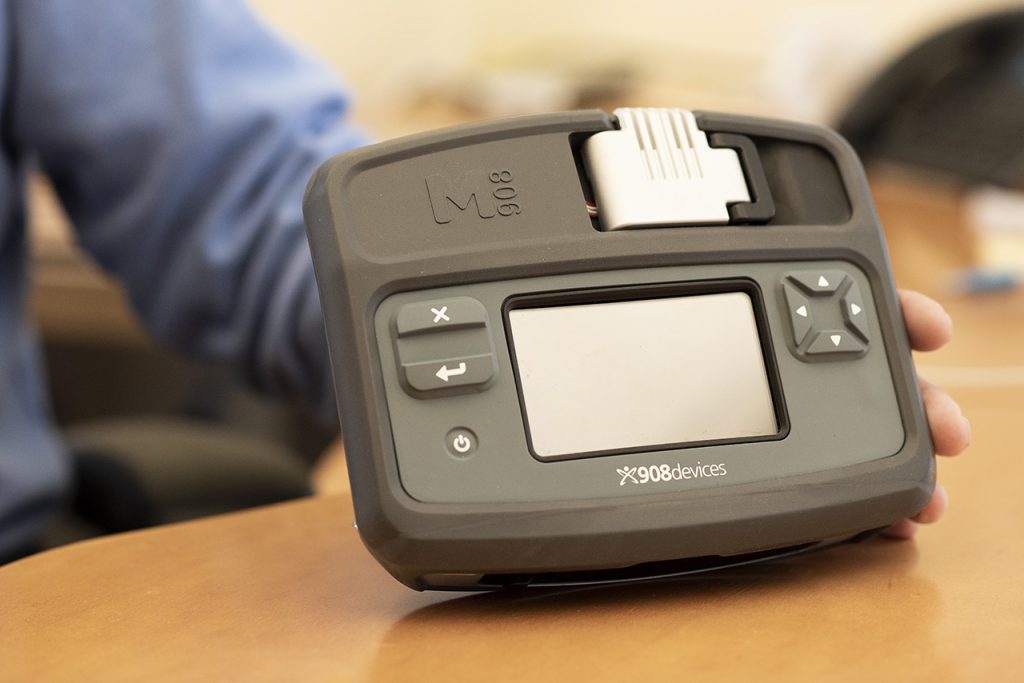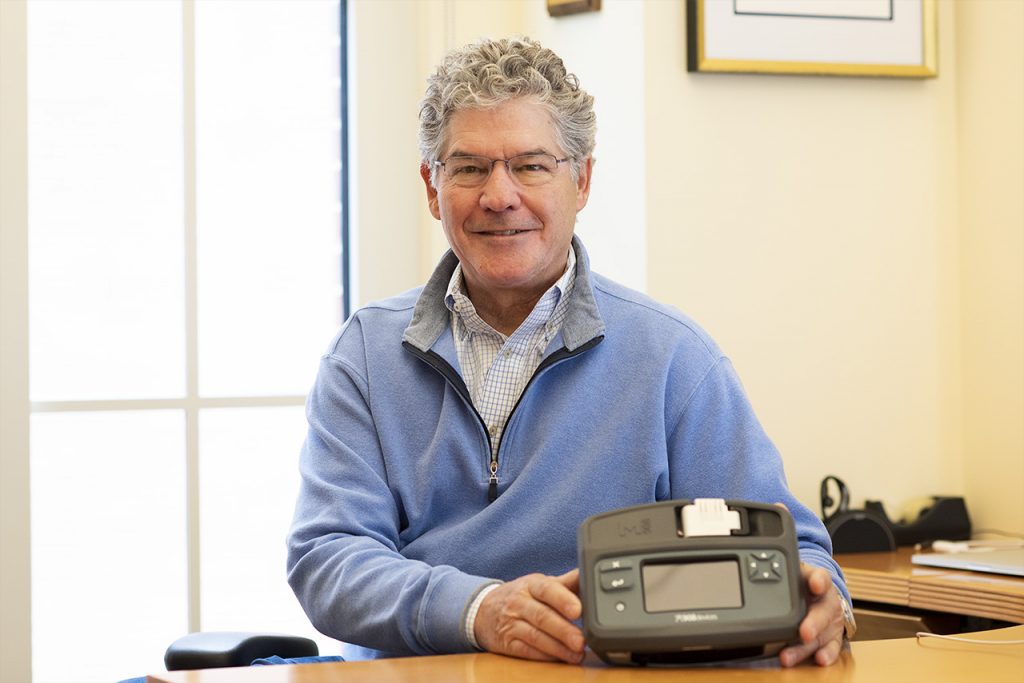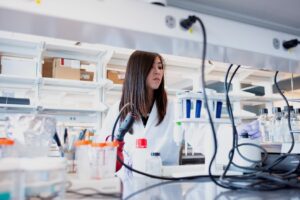And 908 Device’s HPMS technology is a game changer. Current technologies exist that can detect a chemical agent but can’t process if the agent is something potentially harmful. Is it baking flour or fentanyl? Through HPMS technology, more than 2,000 variants can be differentiated immediately, which is crucial when making measurements in the field.
“Mass spectrometry is a powerful chemical measurement tool which can provide a lot of molecular specificity – right down to the exact molecule you’re detecting,” says Mike Ramsey, 908 Devices scientific founder and Minnie N. Goldby Distinguished Professor of Chemistry. “There has long been a desire for smaller mass spectrometers for the detection of harmful materials in the atmosphere.”
The Ramsey lab develop the fundamental technology, and the 908 Devices team figured out a way to take it from the lab to the field.
“Putting chemical analysis into handheld devices has been a goal for decades. We’ve been able to take an instrument that was relegated to the lab and make it hand portable,” says Ramsey. “The technology we invented and was further advanced at UNC with 908 Devices allowed us to realize these handheld devices that weigh a few pounds. The enabling realization was the ability to perform mass spectrometry at unprecedented high pressures; roughly a million times higher pressure than conventional mass spectrometers, thus HPMS. The higher pressure operation allows significant reduction in the size, weight, and power for the necessary vacuum system compared to laboratory mass spectrometers.”


 | UNC-CH
| UNC-CH





